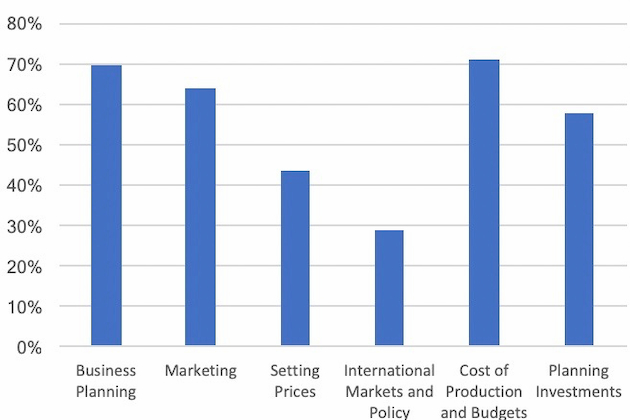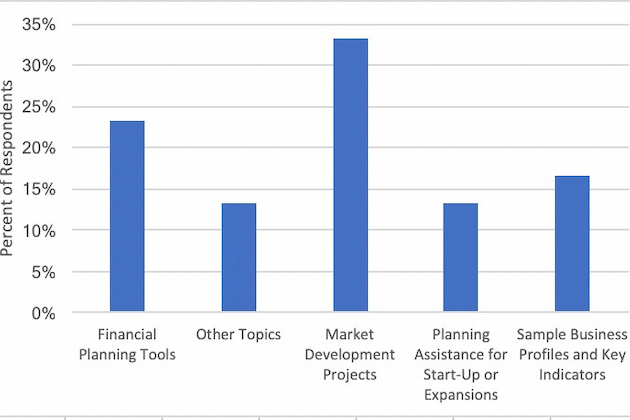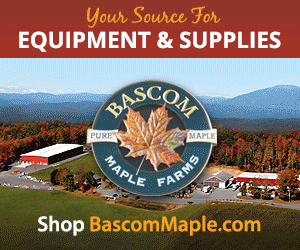UVM Proctor Page
Maple producers doing more business planning
By MARK CANNELLA, UNIVERSITY OF VERMONT EXTENSION | JUNE 5, 2019
MORRISVILLE, Vt.—Maple operators are talking more and more about business each year.
The number of participants at business workshops has doubled or tripled at most winter maple conferences between 2014 and 2019.
A combination of public comments at these sessions and private discussions has revealed many reasons why maple operators are paying more attention to business planning.
Three major themes stand out from my interactions with producers and sellers: finances, marketing and collaboration.
Finances and profitability goals are top of mind.
New and expanding enterprises remain optimistic and opportunistic. Investment continues and the large expense forces owners to maintain cash flow and strive for a long-term return.
A recent lag in bulk prices is forcing many managers to reassess their cost of production and adapt to sub $2.30 per pound bulk markets.
Strong marketing plans strengthen the business. Sellers at all levels are feeling competition and working hard to distinguish their quality, products and brands.
Bulk producers are seeking premiums for certified organic syrup.
Direct market and wholesalers are talking about finding new customers, negotiating shipping logistics, focusing on the most popular package sizes, increasing sales to existing customers and improving branding.
Owners are communicating attributes like single-source origin, wood-fired syrup, infused flavors and environmental benefits to set their products or their story apart.
Partnerships and collaborations are on the rise.
Everyone wants to get in on the maple boom and individuals are realizing the benefits of sticking to their strengths and combining forces with others.
Landowners are working with maple operators through leases and joint ventures.
Sap sellers and syrup (and other product makers) see the benefits of committed partnerships too.
UVM Extension collected a post workshop evaluation and needs-assessment in Pennsylvania, New York and Vermont from November 2018 to January 2019. Participants were asked how important certain business planning topics were to them. Seventy people completed this needs assessment.
The top three “Very Important” topics are 1) Cost of Production and Budgets (71%), Business Planning (70%), and Marketing (64%).
Participants were also asked what business resources or programs they would like to see made available in the future.
Open ended responses were coded into five major categories.
The top three topics were 1) Market Development, 2) Financial Planning Tools and 3) Sample Business Profiles -Indicators.
“Market Development” responses included the following themes: new product development research, initiating local, state or domestic maple promotion programs and value-added product market research.
The responses coded to “Financial Planning Tools” included requests for budgeting calculators, pricing tools and cost of production resources. Participants that requested “Sample Business Profiles” are looking for enterprise start up templates, regional pricing statistics, finanical indicators and business plan case studies.
As the maple industry grows both opportunities and challenges are emerging.
The United States Department of Agriculture Agricultural Marketing Service (USDA AMS) began a new grant program two years ago to increase education for maple producers/landowners and increase maple promotion across the United States.
The University of Vermont Extension received an Acer grant in 2018 to develop new strategic planning, financial and legal resources.
This summer UVM Extension will distribute a northeast maple business survey to producers in several states.
The expanded needs assessment will identify key business development resources that are in demand.
































